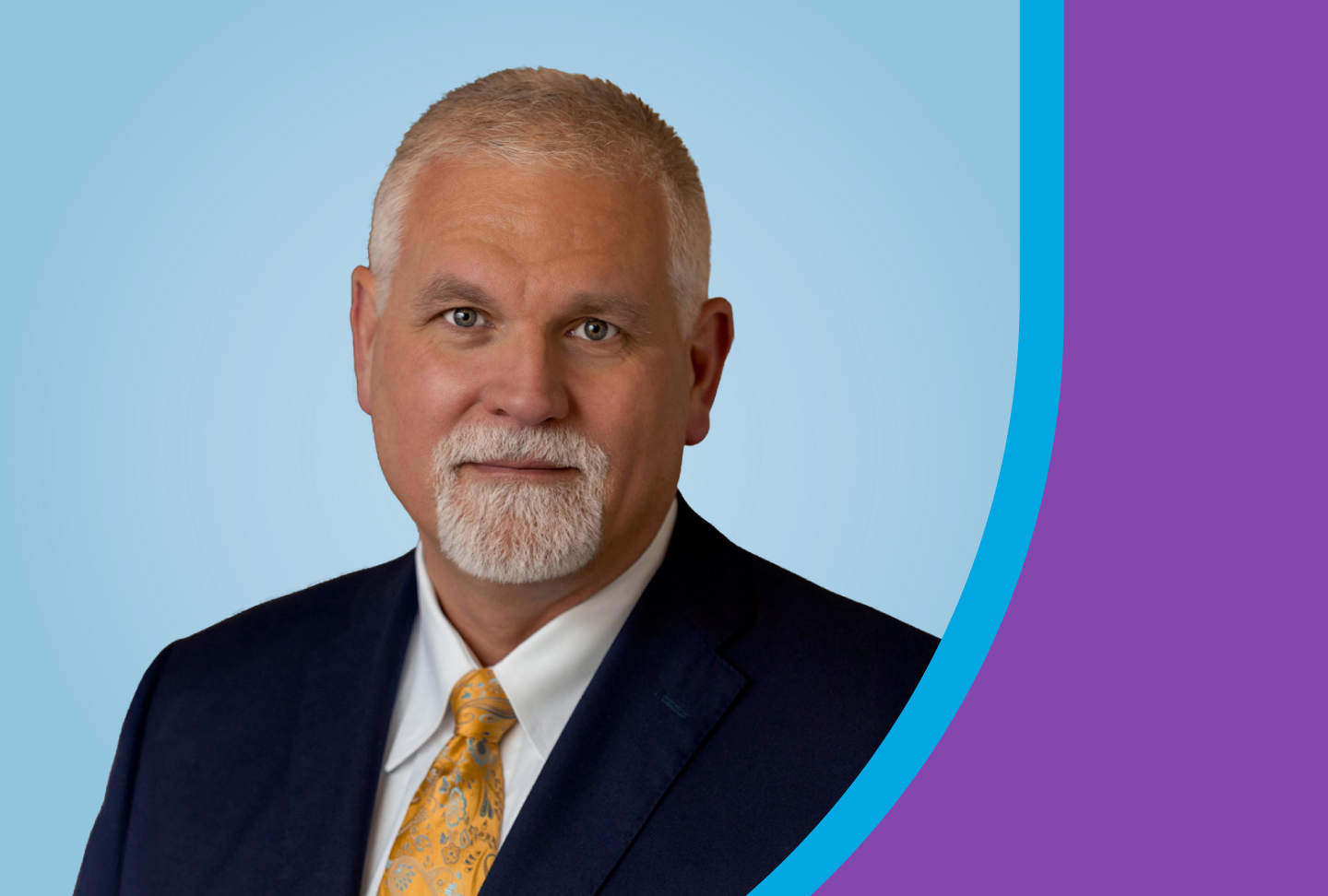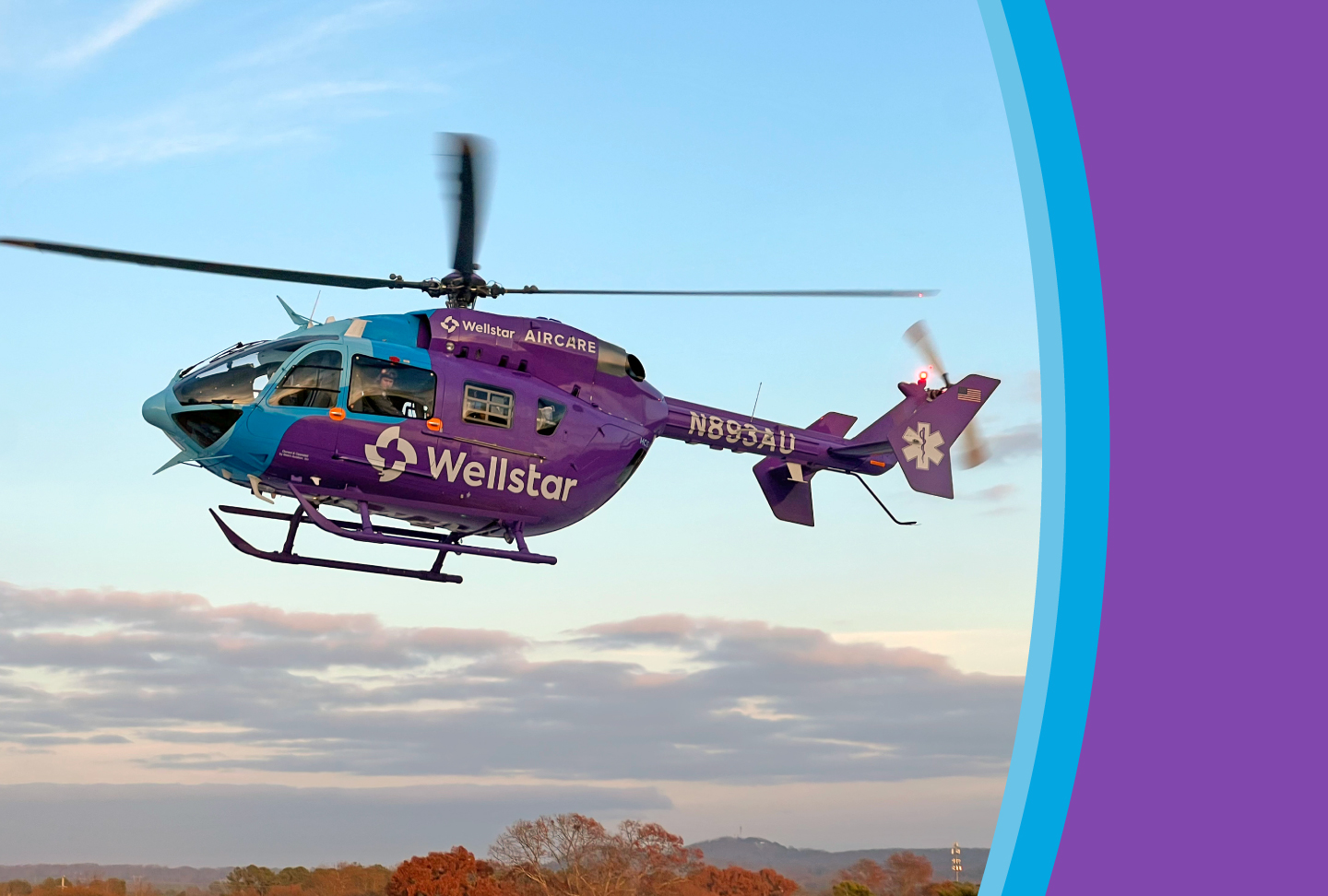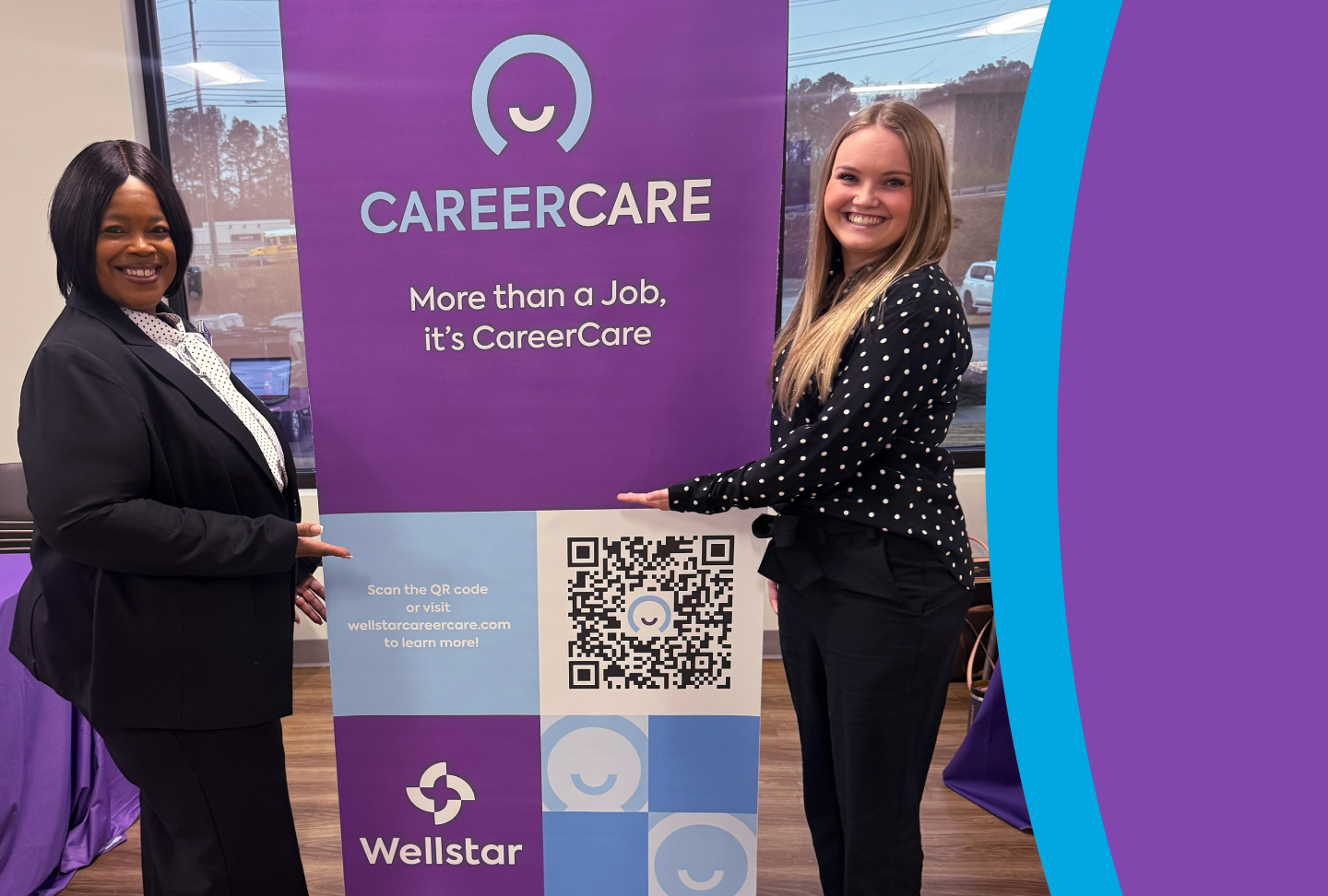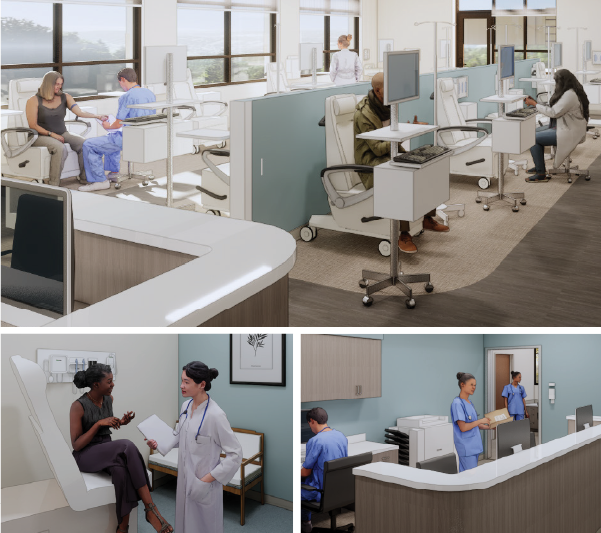
Article Category: Newsroom
Wellstar Breaks Ground on Cancer Care Facility in Spalding County
Published on April 30, 2025
Last updated 03:01 PM April 30, 2025
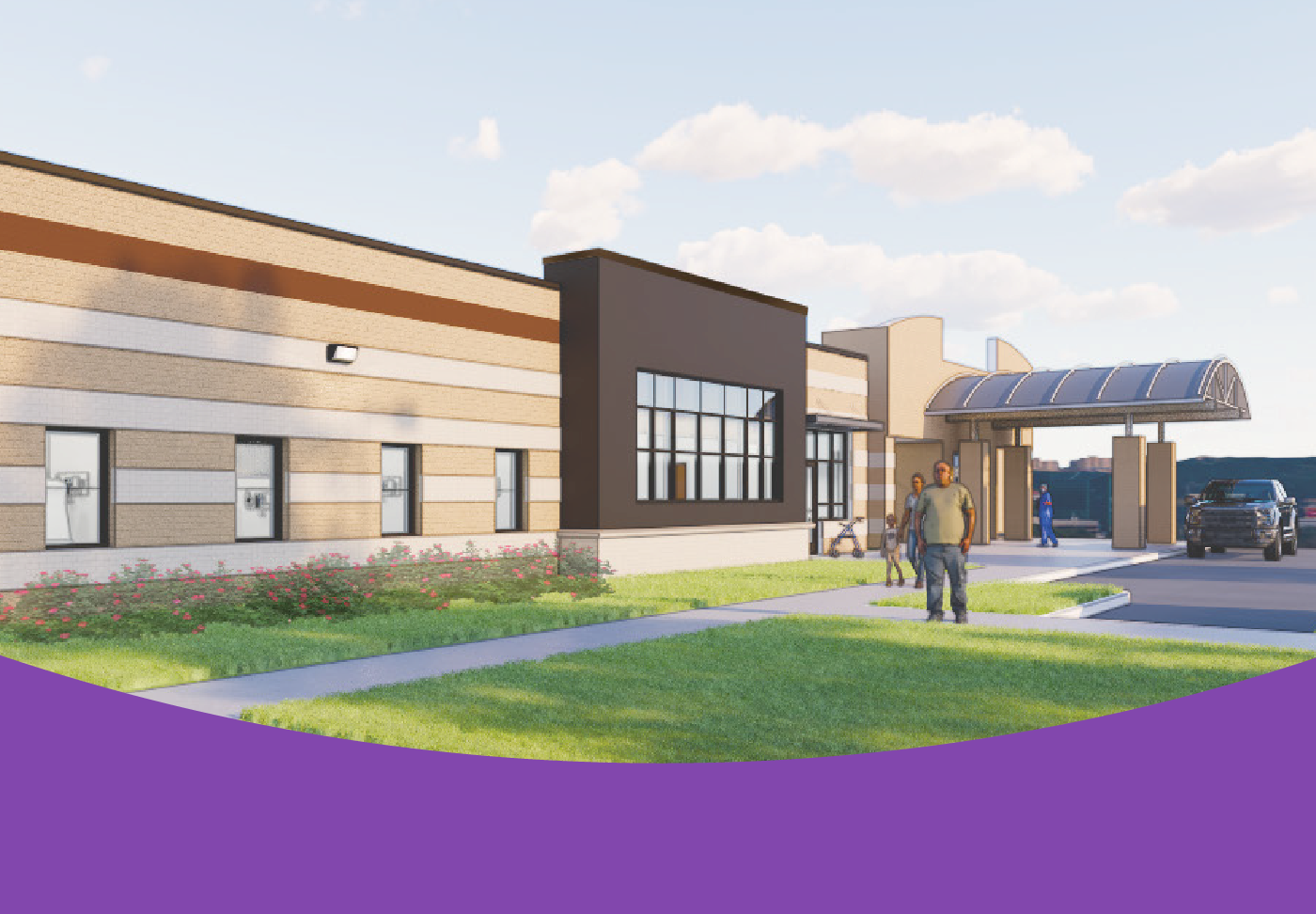
(GRIFFIN, Ga.) – Excitement was in the air Tuesday as Wellstar began another expansion project, this time starting construction on a new cancer treatment center for the people who live in and around Spalding County.
Construction of the Wellstar Spalding Cancer Center comes after the healthcare system opened new primary care and neurology clinics in 2024 and previously opened or expanded clinics for cardiology, orthopedics, and gastroenterology.
The $6 million facility will provide outpatient care for cancer patients in partnership with
Northwest Georgia Oncology Centers. Services will include the latest targeted therapies,
immunotherapy, and chemotherapy to fight various types of cancer. The center will
accommodate outpatient infusion and support services. And to avoid treatment delays, the
facility will also include an on-site compound pharmacy with a dedicated clinical pharmacist.
Kevin Smith, president of Wellstar Spalding Medical Center, joined city and county leaders and
other Wellstar Health System executives for the ceremonial groundbreaking on Griffin’s hospital campus.
“Wellstar is dedicated to providing comprehensive, compassionate care close to home,” Smith
said. “Our oncology nurse navigators are registered nurses specially trained in cancer care who
bring a highly personalized level of guidance to each patient and their family. Together, our
team works alongside our patients to build the right care plan for them and offer support at
every step of their cancer care journey.”
“This investment in the future of Wellstar Spalding allows people to face cancer with
confidence,” said Candice L. Saunders, Wellstar’s president and CEO. “The new facility will provide them access to advanced cancer treatments and infusion therapy in their own community.”
Scheduled to open this winter, the 6,500-square-foot addition will double Wellstar’s ability to
serve cancer patients in Spalding County and the surrounding areas while ensuring every
person receives the high-quality cancer care they deserve. The facility, which will be built by
Parrish Construction, will include eight patient exam rooms, 14 infusion bays, and a dedicated
lab.



